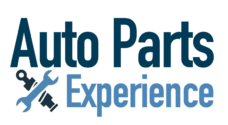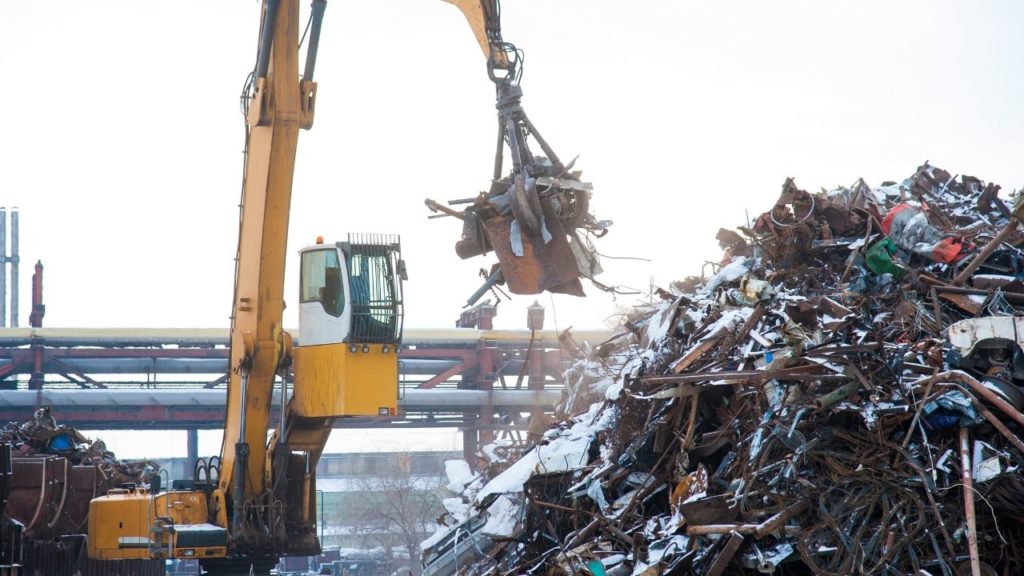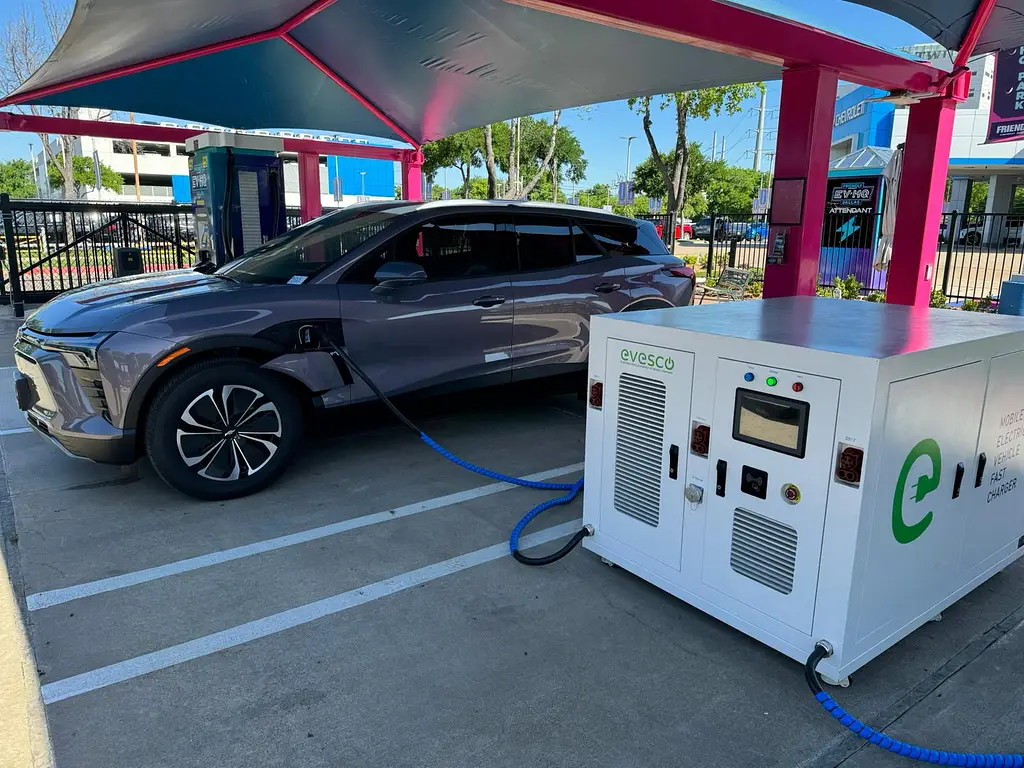Maximizing profit margins in auto recycling requires focusing on efficiency, cost reduction, and the ability to create high-quality recycled products in demand.
Metal baling is a pivotal process in the auto recycling industry that can significantly contribute to these goals.
Here’s how efficient metal baling practices can help auto recyclers maximize their profit margins:
1. Increasing Material Value
- Higher Quality Bales: Efficient metal baling produces compact, dense, and uniform bales more desirable to metal processors and manufacturers. These high-quality bales can often be sold at a premium because they’re easier to handle, store, and process further.
- Improved Material Separation: By separating metals more effectively before baling, recyclers can produce bales of purer metal grades, which fetch higher prices on the recycling market.
2. Reducing Operational Costs
- Lower Transportation and Storage Costs: Efficiently baled metals take up less space, allowing recyclers to optimize transportation loads and reduce the frequency and cost of trips to processors or buyers. Similarly, compact bales require less storage space, lowering warehouse costs.
- Reduced Labor Costs: Automated metal balers can significantly reduce the manpower required for the baling process, lowering labor costs. Additionally, efficient baling processes minimize the need for manual sorting and handling, further reducing labor expenses.
3. Enhancing Processing Efficiency
- Increased Throughput: Modern, automated metal balers can quickly process large volumes of scrap metal, increasing recycling operations’ throughput. This efficiency allows recyclers to handle more material in less time, boosting overall productivity and profitability.
- Flexibility in Processing: Advanced balers can adjust to different types and sizes of metal scrap, providing recyclers the flexibility to process a wide range of materials without switching between equipment.
4. Expanding Market Opportunities
- Access to New Markets: High-quality, well-segregated metal bales can meet the specifications of a broader range of buyers, including those in more lucrative or specialized markets. This opens up new revenue streams and diversifies the recycler’s customer base.
- Compliance and Certification: Efficient baling processes that produce clean, well-documented batches of recycled metals can help recyclers meet industry standards and certifications, making their products more attractive to eco-conscious buyers.
5. Minimizing Environmental Impact
- Reduced Carbon Footprint: By optimizing transportation and reducing the need for new raw material extraction, efficient metal baling contributes to a lower carbon footprint for the recycling operation. This benefits the environment, enhances the recycler’s brand image, and appeals to environmentally conscious consumers and partners.
6. Investing in Technology
- Adopting Advanced Balers: Investing in the latest baling technology can provide significant returns. Modern balers are more energy-efficient, faster, and capable of producing higher-quality bales than older models, contributing directly to improved profit margins.
Conclusion
Efficient metal baling is critical to maximizing profit margins in auto recycling. Auto recyclers can significantly improve their profitability by creating high-quality bales, reducing operational costs, enhancing processing efficiency, and expanding market opportunities.
Adopting advanced baling technology and practices supports financial goals and promotes environmental sustainability, positioning the business as a responsible and attractive choice for consumers and partners.





